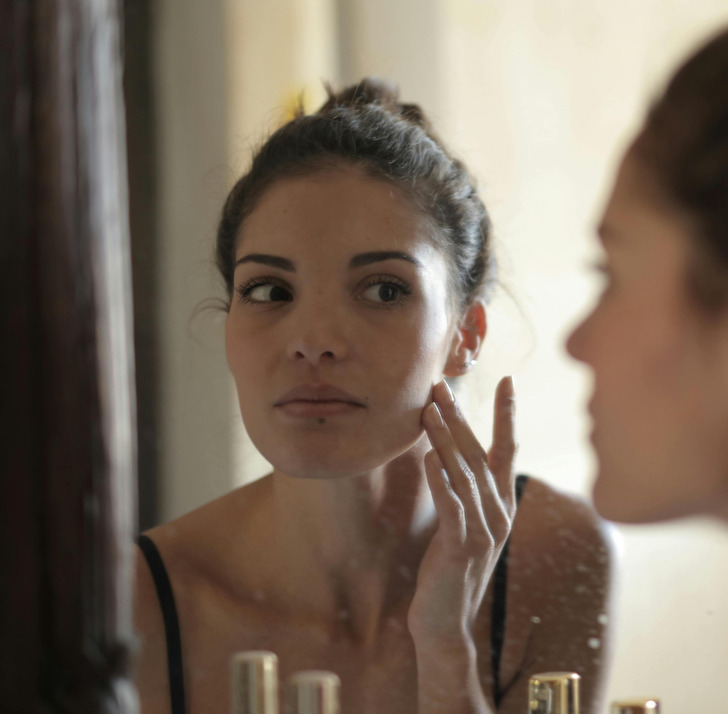Women used to be a lot smarter. Now, it seems that every social media trend makes them look more and more like bad cartoons.
Men and Women Have Very Different Ideas About Ideal Lip Size, According to Studies
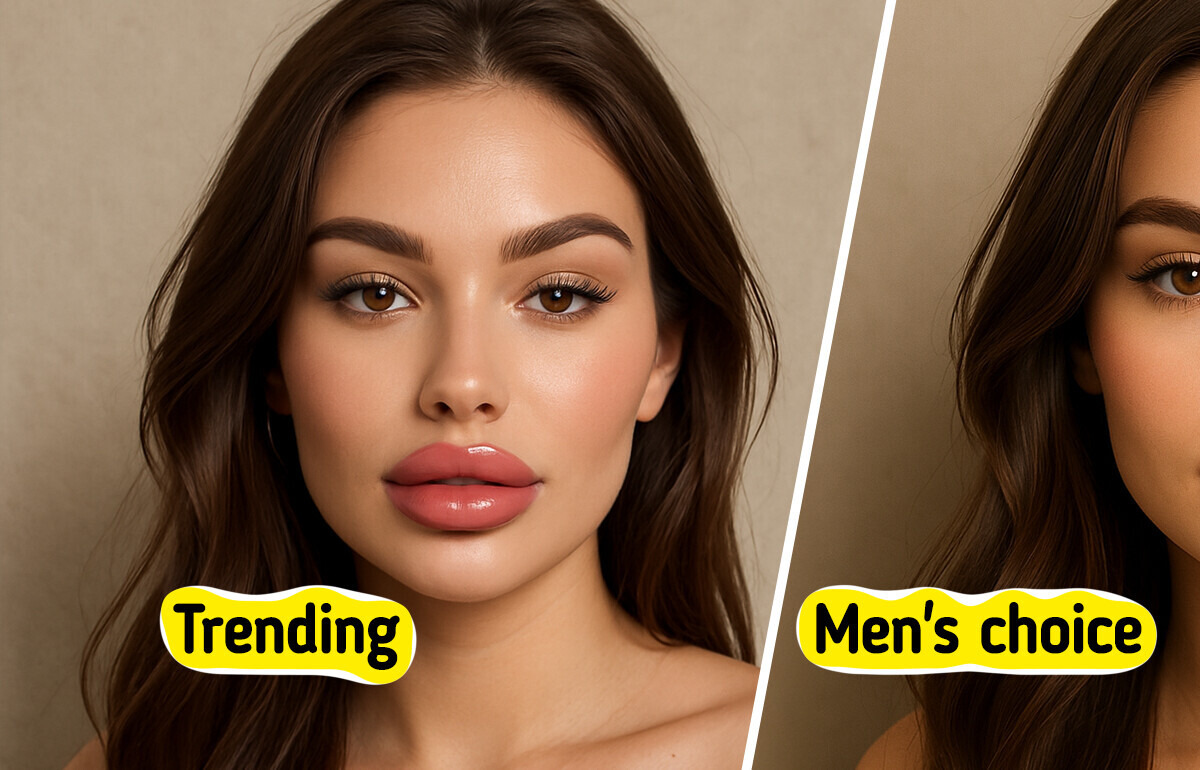
In a world where beauty trends evolve rapidly, a recent study has unveiled intriguing insights into how men and women perceive the ideal lip size differently. The research looks into why people have these preferences and what they mean in a bigger context.
During the study, participants were shown digitally altered images of faces with varying lip sizes.
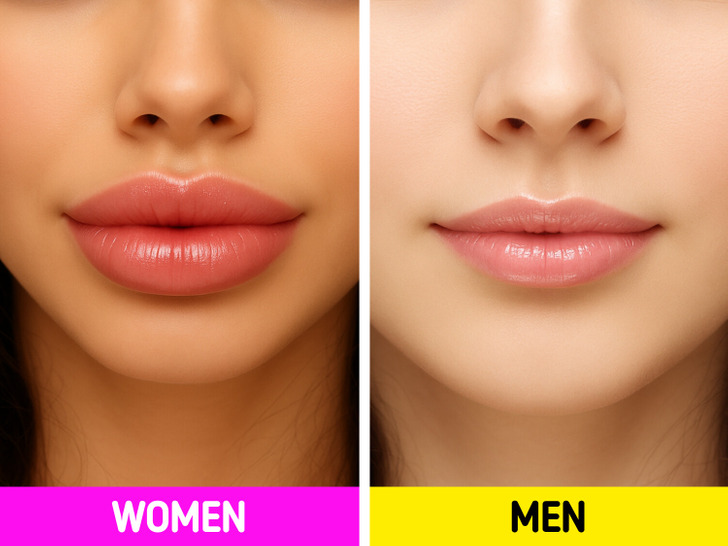
Participants rated the attractiveness of these images, allowing researchers to gauge preferences across genders.
Key findings:
- General preferences: Overall, participants rated male faces with thinner lips and female faces with fuller lips as more attractive.
- Gender-specific preferences: Female participants showed a stronger preference for plumper lips on female faces. Male participants preferred female faces with natural, unaltered lips.
- Isolated lip perception: Interestingly, when shown images of lips without the surrounding facial context, participants still exhibited shifts in attractiveness ratings, suggesting that lip size is processed as a distinct facial feature.
The study’s findings resonate with current beauty trends, especially the growing popularity of lip filler treatments.
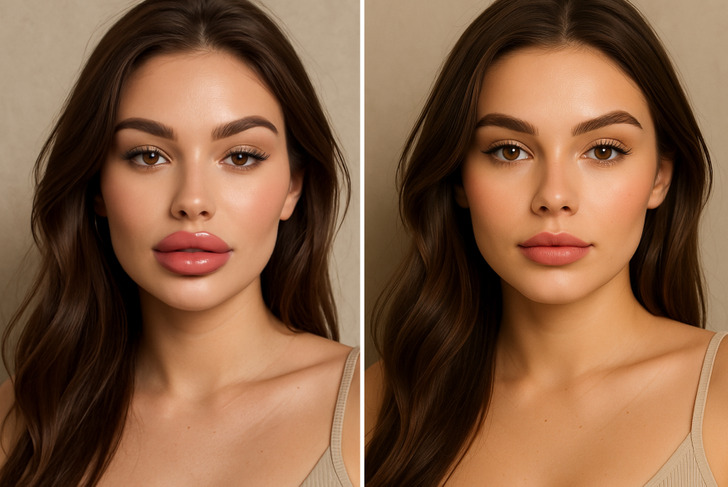
Instagram and TikTok are full of influencers rocking plump lips, and this can really influence how we think beauty should look. This trend, known as “lip dysmorphia,” shows how seeing the same beauty ideals over and over can change the way we see ourselves.
The study sparked discussions, and users shared their perspectives. One user commented, “Could this explain why so many young girls are getting lip fillers, when I personally have never heard a man say they find this attractive?”
Another added, “This is what guys have been saying. It’s not us that are driving these beauty standards. It’s women prescribing these beauty standards upon themselves.”
There has also been an opinion from a professional photographer, “This trend bugs me. In my own experience over thousands of photoshoots and more than two decades of talking with men and women I’ve photographed, men do generally find natural lips far more attractive and worse, women often complain that they don’t think their own injections look great, but they continue to have them done due to peer pressure or feeling like they have to stay ’young’ looking for as long as possible. I don’t know how they came to equate bigger lips with youth, but I’m sure there’s some advertising influence in that conversation somewhere.”
These comments underscore a perceived disconnect between beauty trends and actual preferences.
The study’s insights could help understand body image issues and the motivations behind some cosmetic procedures.
Looks like seeing certain beauty standards over and over can change how we see ourselves, which might lead to a cycle of getting more cosmetic work done.
Professor Alais noted, “Not only do the results indicate that lip plumping may primarily appeal to women, but also that exposure to faces with artificially enhanced lip sizes could lead to ’lip dysmorphia.’”
Yet, just as we have distinct ideas about beauty, the same happens to our bodies. Science reveals there are significant differences in how male and female brains age, and these distinctions might explain why women tend to preserve cognitive function longer and are less likely to develop age-related brain conditions earlier in life.
Comments
Related Reads
“Pushing 60, Trying to Look 30,” Nicole Kidman’s New Bold Style Is Deemed Age-Inappropriate
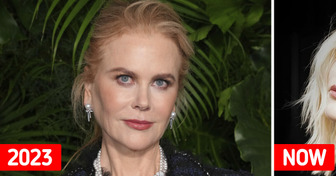
15 Stories That Prove a Small Spark of Kindness Can Light Up a Fading Soul

I Refuse to Be the Villain When My Boss Is the Real Time Thief

18 Seniors Whose Sharp Wit Proves Humor Only Gets Better With Age

I Refused to Give Up My Baby, So My Mom Exposed a Terrible Secret

I Refuse to Give My Retirement Savings to My Adult Son—I’m Not Responsible for His Failures

My Family Excluded My Girlfriend From Christmas Because We’re Not Married

My Parents Wanted a ‘Family Vacation’ on My Budget—I Made One Move They Didn’t Expect

14 Real Moments When Empathy Changed Everything Forever

I Refuse to Leave an Inheritance to Children Who Treated Me Like a Cash Cow—So I Made One Final Decision

I Refused to Let My Boyfriend Discipline My Child—He’s Not His Real Dad

My Dad Demanded to Give My Stepsister the Spotlight on My Wedding—But I Reclaimed It

